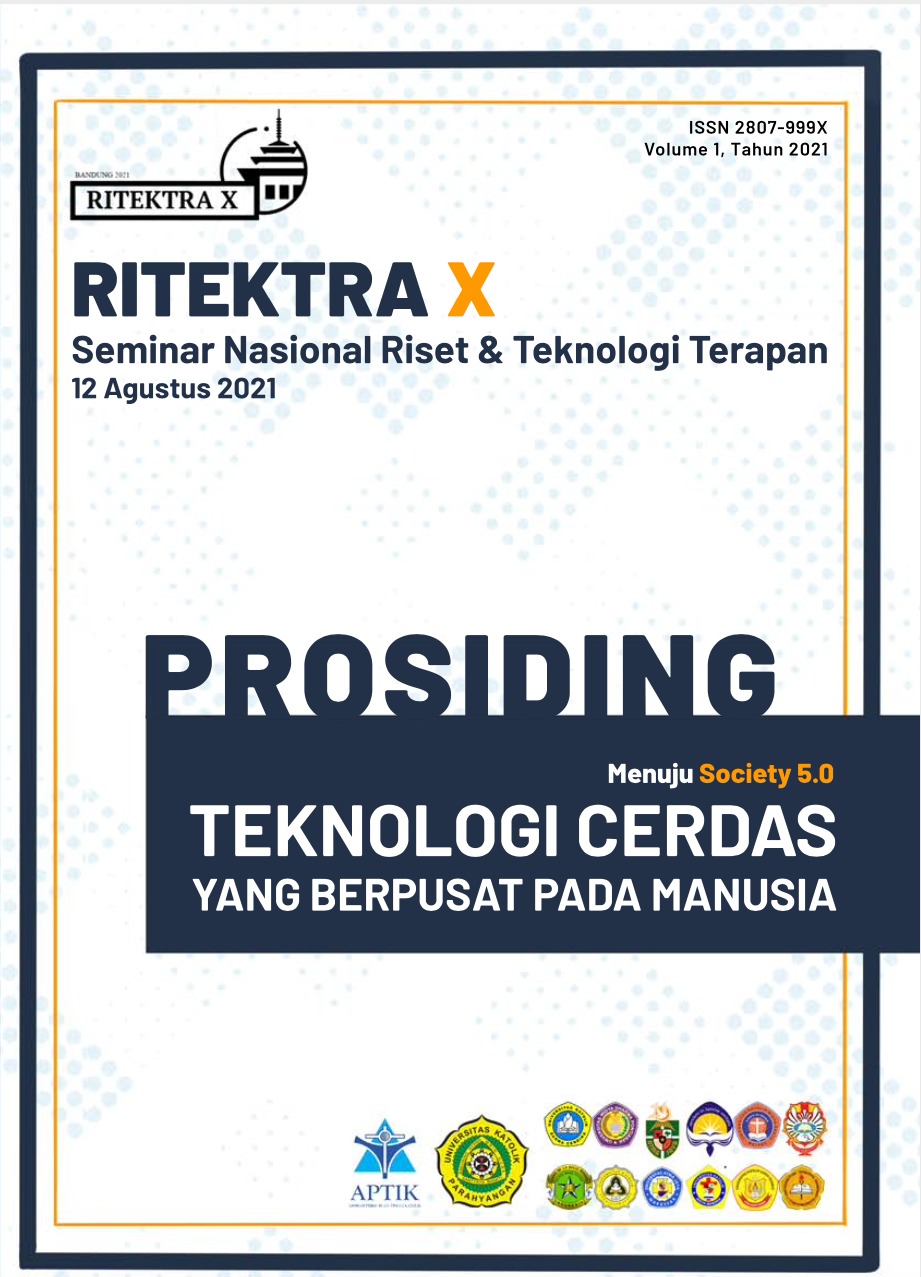DATA DRIVEN CONDITION MONITORING STRATEGIES
Kata Kunci:
-Abstrak
Ever since the first industrial revolution, industry has been an engine for society. The first revolution brought economies around the world out of agriculture and handcrafts, into the world of machines. While farming and handmade goods still form a large part of today’s economy, they are nonetheless affected by the use of machines. During the second revolution, manufacturers began to experiment with more synthetic materials and machines evolved to play an even more important role in industry, while the key features of the third industrial evolution were electronic devices and information technology system. This led to the rapid change from analog to more digital systems in manufacturing plants. Nicknamed as smart manufacturing, the 4th industrial revolution features cyber-physical systems.
Innovation shows no signs of slowing down. Industries continuously needs to innovate to stay competitive. Now more than ever, we need to invest in the future, to overcome the economic challenges posed by the coronavirus crisis, and to establish a "new normal" with a more competitive, more sustainable and greener industries.
However, more is needed. The next revolution, the so-called “Industry 5.0”, recognizes more the power of
industry to achieve societal goals beyond jobs and growth, to become a resilient provider of prosperity, by
making production respect the boundaries of our planet and placing the wellbeing of the industry worker at the centre of the production process. The presentation will address the key technologies towards Industry 5.0 with some case examples supporting the new paradigm.
Referensi
-
##submission.downloads##
Diterbitkan
Terbitan
Bagian
Lisensi
Hak Cipta (c) 2021 Authors

Artikel ini berlisensi Creative Commons Attribution 4.0 International License.

